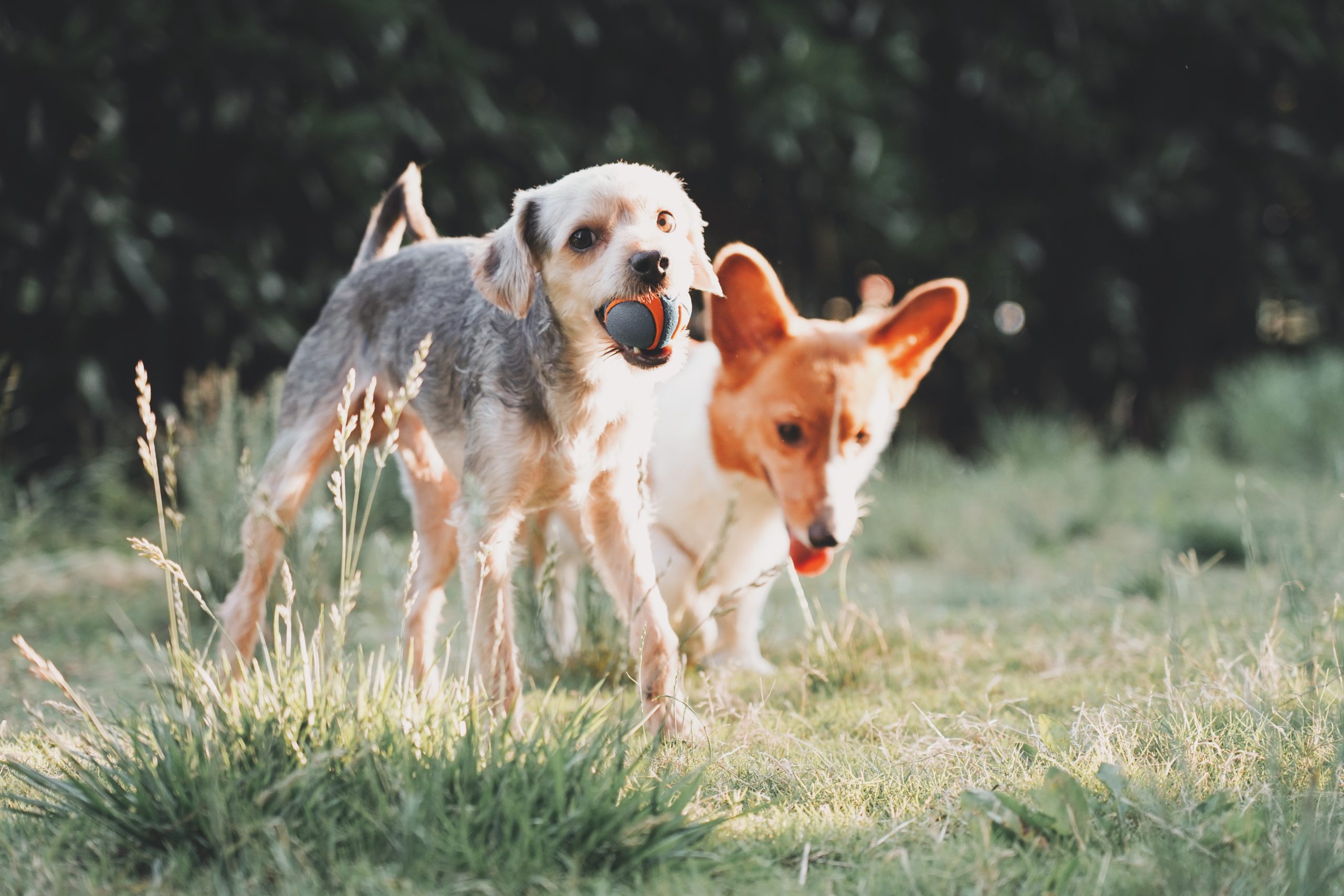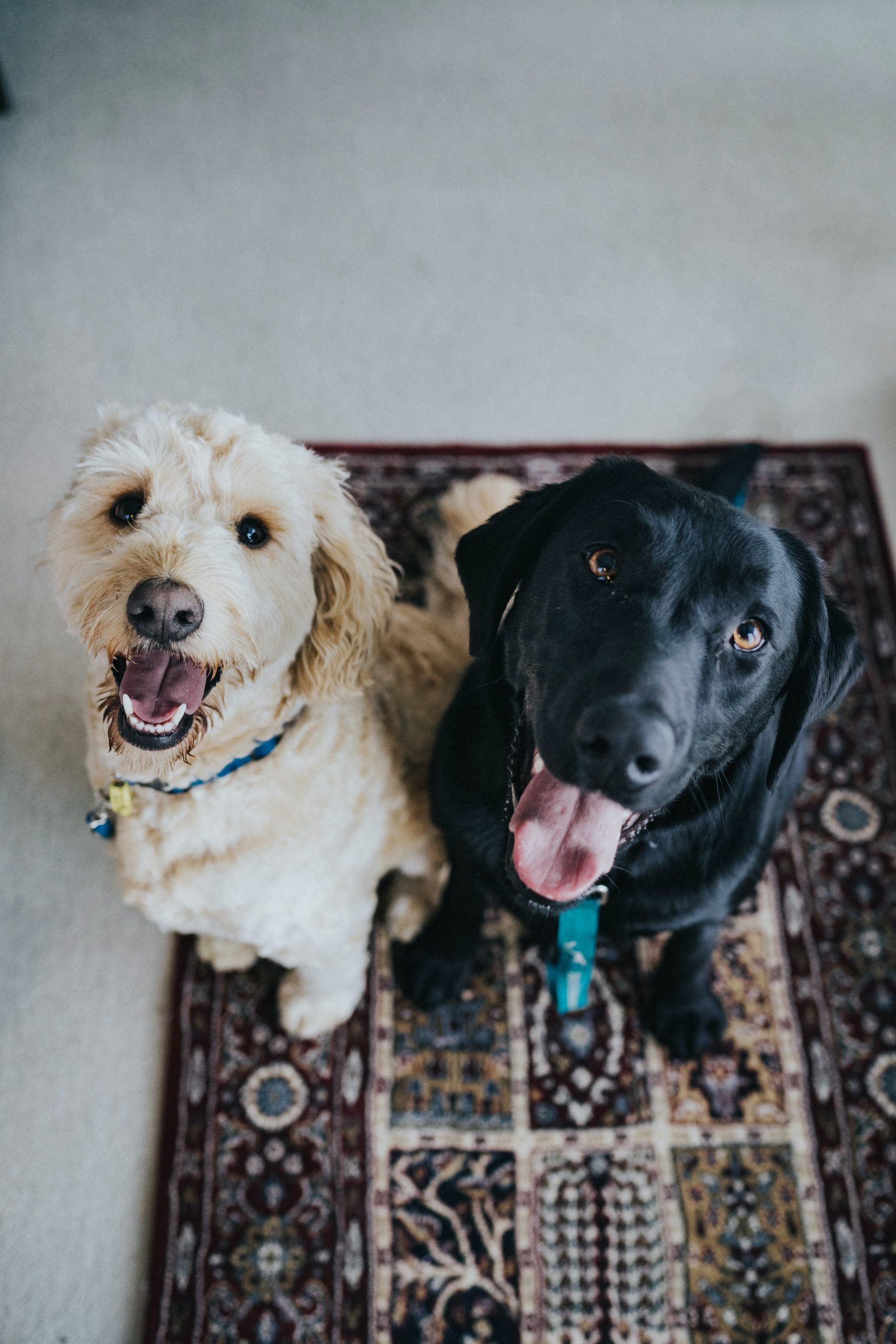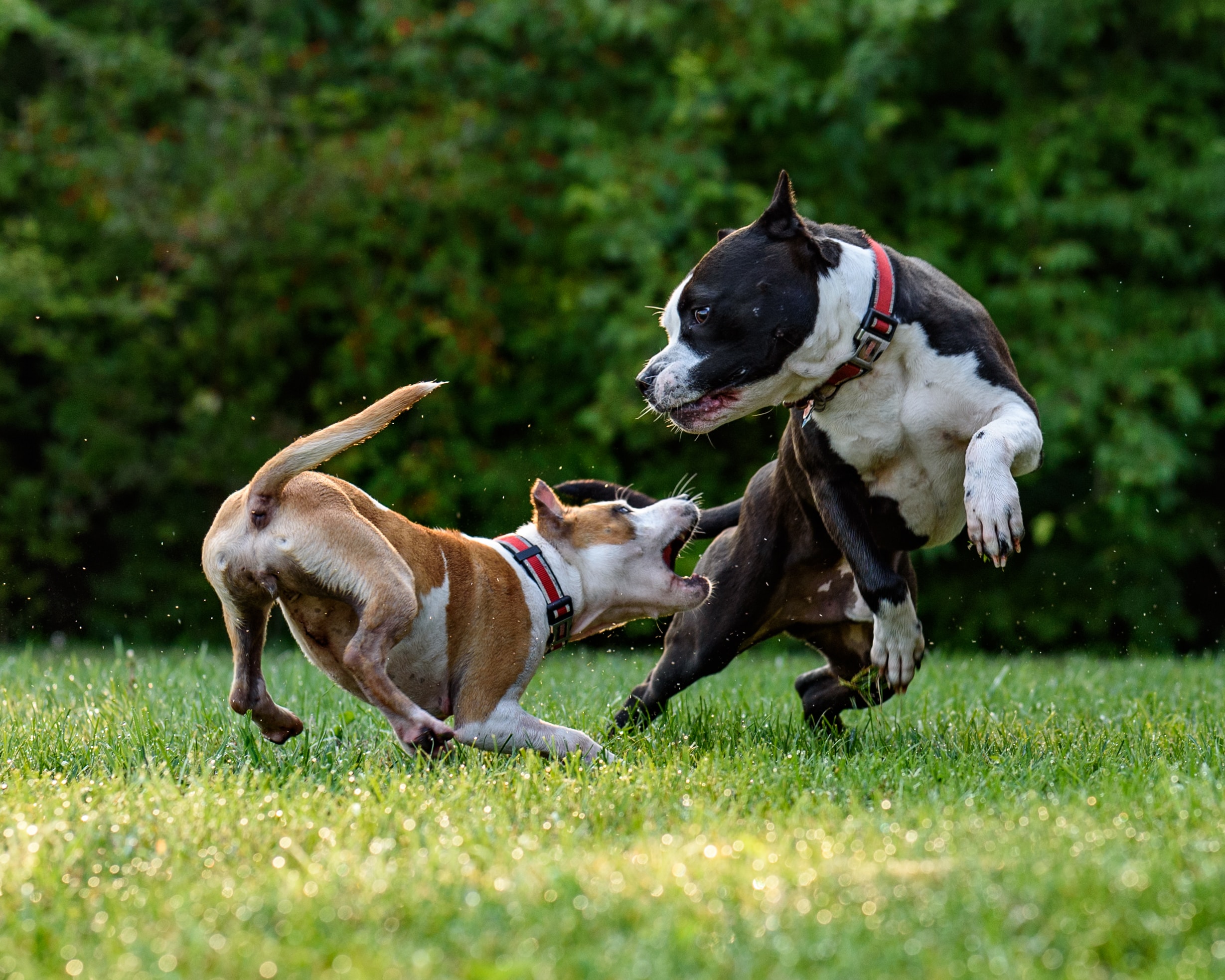The Ultimate Guide to Socializing Your Puppy
This article explores the methods and techniques for socializing puppies, emphasizing the importance of early exposure, positive experiences, and gradual introductions to new environments, people, and dogs, ultimately leading to a well-adjusted and confident adult dog.
Understanding the Importance of Puppy Socialization
The process of puppy socialization is a crucial aspect of their development that significantly influences their future behavior and personality. Starting before the puppy even comes home, the emphasis on early exposure to a variety of stimuli, such as different environments, people, and experiences, is vital to their overall well-being. This early socialization helps prevent fear and behavior problems in dogs, making it an essential foundation for their adaptability and confidence.
An example of effective socialization is gradually introducing a puppy to new environments, such as a pet-friendly park or a bustling street, in a controlled and positive manner. By doing so, the puppy can navigate different situations with confidence and ease as they grow older, demonstrating the long-term benefits of early socialization. Furthermore, a well-structured socialization program aims to create positive experiences, promoting resilience in puppies and ensuring that they develop into well-adjusted and confident adult dogs. This approach helps puppies learn to navigate new experiences and challenges with a positive mindset, setting them up for a lifetime of adaptability and confidence.
Methods for Socializing Puppies
When it comes to socializing puppies, intentional and positive exposure to new stimuli is key to fostering a well-rounded and confident adult dog. This can involve gradually introducing them to new sights, sounds, and smells in a controlled and positive manner. For example, taking them to a quiet park to experience different textures like grass and sand, while also allowing them to hear new sounds such as children playing or birds singing, can help them build a positive association with these new experiences.
In addition to exposure, using treats and praise is essential for reinforcing positive behavior during socialization. For instance, when a puppy exhibits calm behavior during a socialization outing, rewarding them with treats and verbal praise can help them associate these experiences with positivity and rewards. This creates an enjoyable socialization process for puppies and encourages them to feel more at ease in new environments.
Furthermore, involving different family members in the socialization process can help puppies become familiar with various individuals and develop crucial social skills. This can be as simple as inviting family members to join in on short walks or playtime sessions with the puppy, allowing them to interact with different people in a safe and controlled environment. This exposure can contribute to the puppy’s overall social development and comfort around a variety of individuals.
Techniques for Socializing Puppies with Other Dogs and Humans
When socializing puppies with other dogs and humans, it’s essential to follow effective techniques to ensure positive experiences for the young pups. Gradually introducing puppies to new people and dogs in controlled environments is crucial for their socialization process. For example, arranging playdates with well-behaved and friendly dogs in a secure and familiar setting can help puppies learn how to interact with other dogs in a safe and controlled environment. This controlled exposure allows them to build confidence and develop positive associations with meeting new canine friends.
Additionally, monitoring a puppy’s body language and behavior during socialization is crucial to ensure they are comfortable and not feeling overwhelmed. For instance, observing a puppy’s body language, such as relaxed posture, wagging tail, and playful behavior, can indicate their comfort and enjoyment during social interactions. On the other hand, signs of distress, such as cowering, tucked tail, or avoidance, may indicate that the puppy is feeling overwhelmed and needs a break from the socialization activity. By closely monitoring their behavior, pet parents and caregivers can ensure that the socialization experience remains positive and beneficial for the puppies.
Socializing Older Dogs
Socializing older dogs is a unique process that requires understanding and patience. Unlike puppies, older dogs may have established behaviors and fears that need to be addressed delicately. It’s crucial to introduce them to new experiences and environments gradually, allowing them to acclimate at their own pace. For example, if an older dog is unfamiliar with car rides, it’s important to start with short, positive car trips, gradually increasing the duration as the dog becomes more comfortable. This approach helps prevent overwhelming the dog and fosters a positive association with the new experience.
In addition to patience, seeking professional help can be beneficial, especially for older dogs exhibiting severe fearfulness or anxiety. Professional trainers or behaviorists have the expertise to develop tailored plans to help older dogs overcome their fears and anxieties. For instance, a professional may use desensitization techniques to gradually expose the older dog to their triggers in a controlled and positive manner. This approach can help the dog build confidence and resilience over time, leading to a more positive outlook on new experiences and interactions.
In summary, socializing older dogs involves sensitivity, gradual exposure, and, when necessary, seeking the guidance of professionals to ensure that older dogs receive the support they need to thrive in new environments and overcome their fears.
The Significance of Effective Puppy Socialization
The significance of effective puppy socialization cannot be overstated. It is a critical process that has a profound impact on a puppy’s behavior, confidence, and ability to adapt to various situations as they mature. By exposing puppies to a wide range of stimuli, such as different environments, people, and animals, they learn to navigate the world with ease and confidence. For example, introducing a puppy to various sounds, such as vacuum cleaners, doorbells, or traffic noises, helps them become accustomed to everyday sounds, reducing the likelihood of fear or anxiety in the future.
Furthermore, effective socialization during the early developmental stages of a puppy’s life is essential for preventing anxiety and fear as they grow older. Puppies who have been well-socialized are more likely to approach new experiences with curiosity and confidence, leading to a happier and well-adjusted adult dog. For instance, a well-socialized puppy may be more comfortable meeting new people, visiting unfamiliar places, and interacting with other dogs, creating a positive and enriching experience for both the puppy and their owners. Therefore, investing time and effort in effective puppy socialization can significantly contribute to the long-term well-being and behavior of the puppy as they transition into adulthood.
Conclusion
Understanding the importance of puppy socialization is essential for every dog owner. By prioritizing positive experiences and gradual exposure to new stimuli, you are setting the stage for a well-adjusted and confident adult dog. Effective socialization plays a crucial role in shaping a puppy’s future personality and behavior, contributing to their overall well-being. For example, introducing puppies to different environments, sounds, and smells from an early age helps prevent fear and behavior problems in dogs, ultimately setting them up for a happy and well-adjusted adult life.
Moreover, the significance of effective puppy socialization extends beyond their early years. It has a lasting impact on their behavior, confidence, and adaptability to different situations. For instance, positive socialization experiences during puppyhood contribute to preventing anxiety and fear of new experiences as puppies grow older, promoting a happy and well-adjusted adult dog. In conclusion, the effort put into socializing puppies effectively pays off in the form of a confident, well-mannered, and resilient adult dog, making it a crucial investment in their long-term well-being and happiness.



